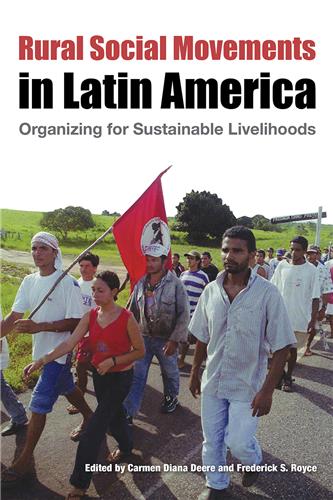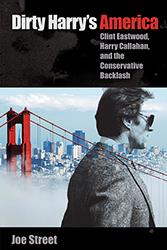The contributors to Rural Social Movements in Latin America include academic researchers as well as social movement leaders who are seeking to effect change in their countries and communities. As a group they are at the forefront of some of the most critical environmental, social, and political issues of the day.
Buy Books: Browse by Season: Spring 2018
Fall 2024 - Spring 2024 - Fall 2023 - Spring 2023 - Fall 2022 - Spring 2022Please note that while you may order forthcoming books at any time, they will not be available for shipment until shortly before publication date
Much has been made of the dramatic rise of Protestantism in Latin America. Many view this as a sign that Catholicism’s primacy in the region is at last beginning to wane. Overlooked by journalists and scholars has been the parallel growth of Charismatic, or Pentecostal, Catholicism in the region. Edward Cleary offers the first comprehensive treatment of this movement, revealing its importance to the Catholic Church as well as the people of Latin America.
In this breakthrough study, Emily Maguire examines how a cadre of writers reimagined the nation and re-valorized Afro-Cuban culture through a textual production that incorporated elements of the ethnographic with the literary.
While mortuary ruins have long fascinated archaeologists and art historians interested in the cultures of the Near East and eastern Mediterranean, the human skeletal remains contained in the tombs of this region have garnered less attention. In Bioarchaeology and Behavior, Megan Perry presents a collection of essays that aim a spotlight on the investigation of the ancient inhabitants of the circum-Mediterranean area.
From domestic spaces to the public square, Deborah Rotman contextualizes gender and the associated social relationships from the colonial period through the twentieth century.
This innovative volume brings together sociocultural anthropologists, archaeologists, bioarchaeologists, ethnographers, paleopathologists, and others to develop a unifying theory of migration.
In this one-of-a-kind volume, Iraida López explores various narratives of return by those who left Cuba as children or adolescents.
By examining the physical conditions of inmates that might have contributed to their institutionalization, as well as to the resulting health consequences, Geber sheds new and unprecedented light on Ireland’s Great Hunger.
This is the first Finnegans Wake guide to focus exclusively on the multiple meanings and voices in Joyce's notoriously intricate diction.
In Dirty Harry's America, Joe Street argues that the movies shed critical light on the culture and politics of the post-1960s era and locates San Francisco as the symbolic cultural battleground of the time.











